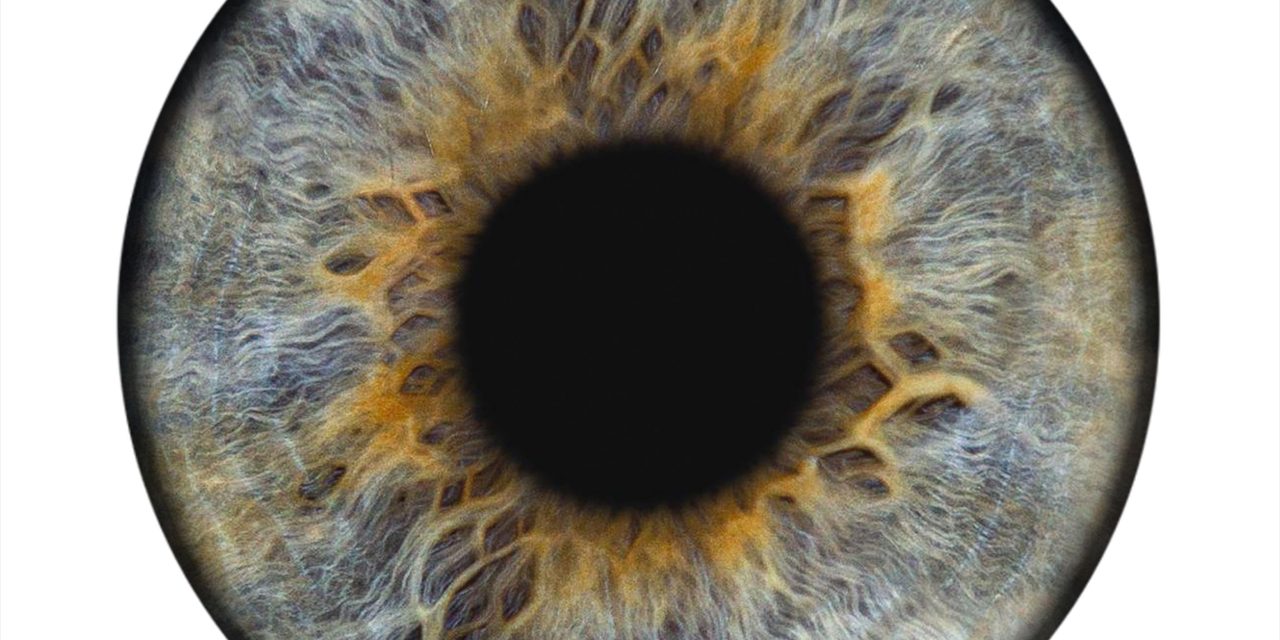In the absence of vision, spatial representation may be altered. When asked to compare the relative distances between three sounds (i.e., auditory spatial bisection task), blind individuals demonstrate significant deficits and do not show an event-related potential response mimicking the visual C1 reported in sighted people. However, we have recently demonstrated that the spatial deficit disappears if coherent time and space cues are presented to blind people, suggesting that they may use time information to infer spatial maps. In this study, we examined whether the modification of temporal cues during space evaluation altered the recruitment of the visual and auditory cortices in blind individuals. We demonstrated that the early (50-90 ms) occipital response, mimicking the visual C1, is not elicited by the physical position of the sound, but by its virtual position suggested by its temporal delay. Even more impressively, in the same time window, the auditory cortex also showed this pattern and responded to temporal instead of spatial coordinates.© 2020 The Authors. Human Brain Mapping published by Wiley Periodicals, Inc.
Temporal Cues Trick Visual and Auditory Cortices


